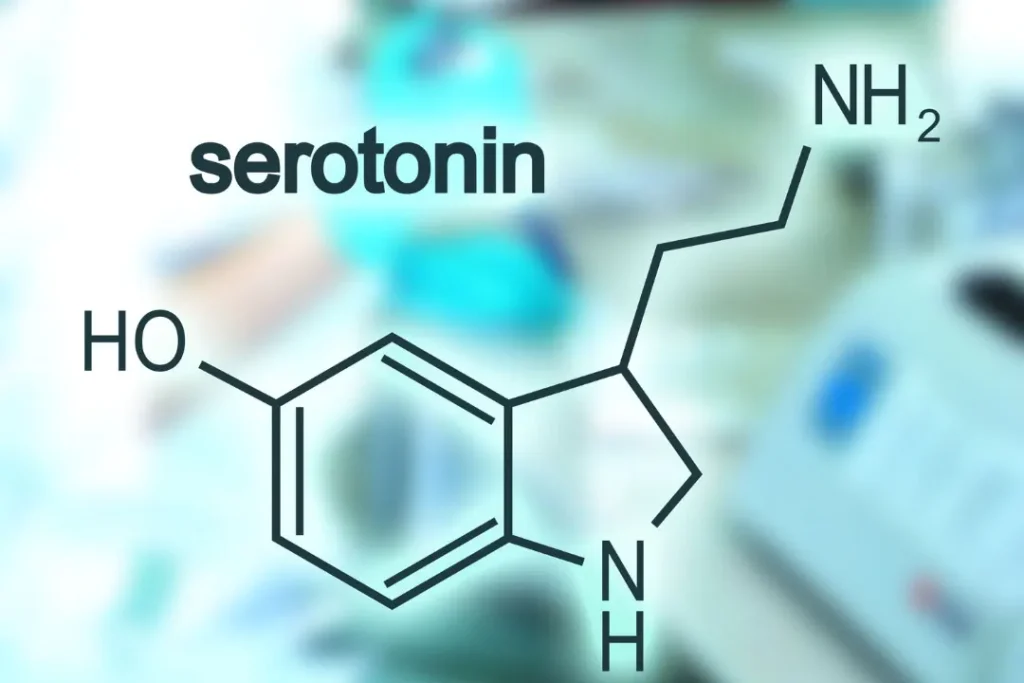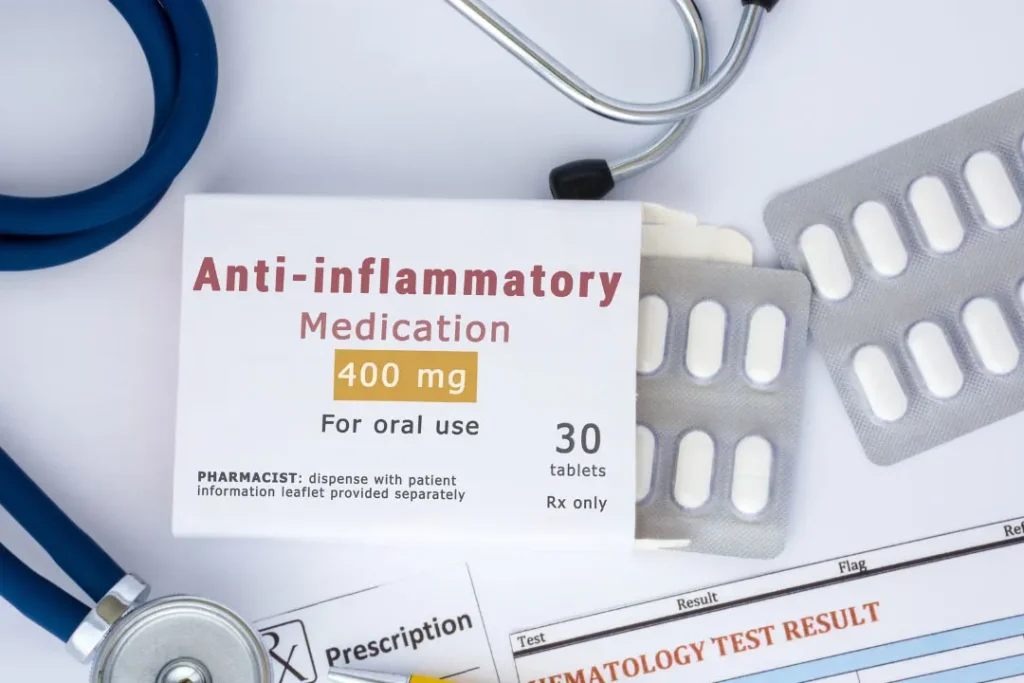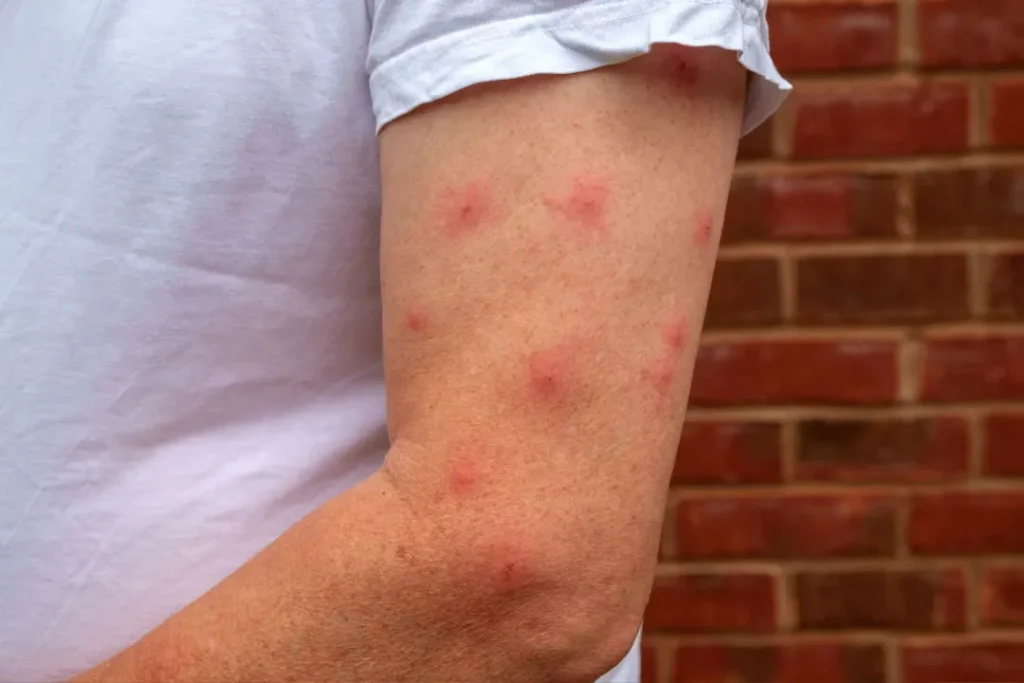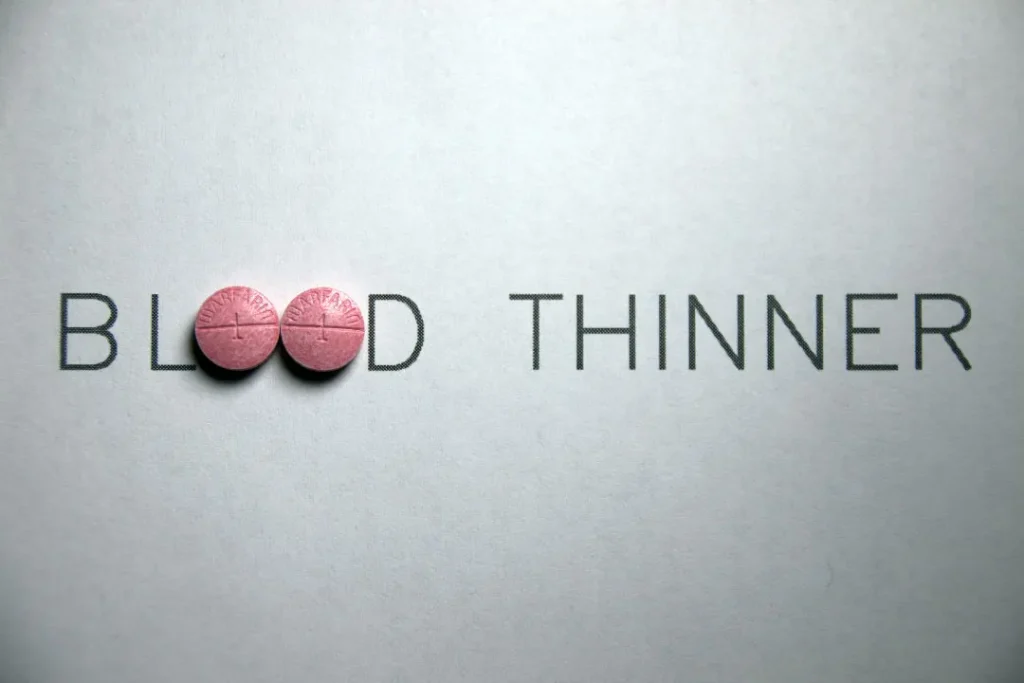St. John’s wort is a herbal supplement that can be used to treat depression, anxiety and sleep disorder. Hypericin, the main component of St. John’s wort, has been demonstrated to have an impact on the brain’s neurotransmitters. St. John’s wort has grown in popularity in recent years as a nootropic supplement along with its antidepressant properties. But it’s critical to comprehend St. John’s wort’s characteristics, health advantages, ideal dose, negative effects, possible drug interactions, and appropriate use.
You May Also Like:
Neurohacker’s Qualia Life vs myPEAK’s Wellness Supplement
7 Super Smart Supplements To Boost Your Memory And Recall
Nature of St. John’s Wort
The perennial herb known as St. John’s wort (Hypericum perforatum) is originally from Europe but is now grown all over the globe. Because it blossoms around St. John the Baptist’s feast day and has yellow flowersthe plant bears his name. There are many different substances found in the leaves and blossoms of the St. John’s wort plant, such as flavonoids, hyperforin, and hypericin.
The main active component of St. John’s wort, hypericin, is thought to be what gives the herb its antidepressant properties. The herb’s anxiolytic properties are believed to be caused by hyperforin, another active component that can be isolated from the plant. Neurotransmitters like serotonin, dopamine, and norepinephrine levels in the brain have been shown to be affected by both hypericin and hyperforin.

Health Benefits of St. John’s Wort
Depression, anxiety, and sleep disorders are just a few of the conditions that St. John’s wort has historically been used to address. St. John’s wort has been shown in some studies to be as successful as prescription antidepressants, providing good pieces of evidence in favor of its use in treating depression. St. John’s wort was found to be more successful than a placebo in treating mild-to-moderate depression in a 2016 meta-analysis of 35 clinical trials.
St. John’s wort has also been demonstrated to have calming effects, and some research indicates that it may be useful in the treatment of generalized anxiety disorder. (GAD). According to a 2015 meta-analysis of 8 clinical studies, St. John’s wort was superior to a placebo in treating GAD.
St. John’s wort has also been investigated for its effects on cognitive function in addition to its effects on mood. According to some studies, St. John’s wort may enhance healthy adults’ cognitive abilities, especially in the areas of working memory and focus. To completely comprehend the effects of St. John’s wort on cognition, more study is needed.
Chemistry of St. John’s Wort
The main ingredients in St. John’s wort include flavonoids, hypericin, and hyperforin. A red pigment from the plant that is called hypericin, is believed to have antiviral and antidepressant properties while the bulk of St. John’s wort’s antidepressant activity is thought to be attributed to hyperforin, a phloroglucinol derivative. Compounds known as flavonoids have antioxidant and anti-inflammatory effects.
Physiological Mechanism of Action of St. John’s Wort
Although the precise physiological mechanism of St. John’s wort’s action is not completely known, it is thought to be a result of hypericin and hyperforin’s effects on brain neurotransmitters like serotonin, dopamine, and norepinephrine.
Serotonin, dopamine, and norepinephrine are released more readily by the body with the intervention of hyperforin while their absorption is inhibited. This causes these neurotransmitters’ concentrations in the brain to rise, which may have antidepressant and anxiolytic benefits.
Hypericin has been shown to have antiviral effects by inhibiting the enzyme monoamine oxidase (MAO). MAO is in charge of breaking down functional serotonin, dopamine, and norepinephrine. Hence, MAO may also have depressive effects.
Additionally, the anti-inflammatory and antioxidant properties of St. John’s wort that have been demonstrated above may also add to its overall health advantages.
Overall, the physiological mechanism of action of St. John’s wort is very complicated and remained undiscovered. Yet, based on the current understanding, the health advantages of St John’s wort are thought to be a result of hypericin and hyperforin’s effect on brain neurotransmitters, as well as its anti-inflammatory, antioxidant, and nootropic properties.

Optimal Dosage of St. John’s Wort
The best dosage for St. John’s wort is determined by a number of variables, including the supplement’s intended use, the user’s age, weight, and any underlying medical conditions. It’s crucial to adhere to the dosage recommendations on the supplement’s packaging or seek medical advice before using St. John’s wort.
The usual St. John’s wort dosage for depression and anxiety is 300 mg given three times daily for a total of 900 mg daily. However, higher doses—up to 1,800 mg daily—have been used in some trials.
It is crucial to be aware that St. John’s wort may combine with a number of drugs, including blood thinners, birth control pills, and antidepressants. If you are taking any medications, it is crucial to speak with a healthcare provider before consuming St. John’s wort.

Side Effects of St. John’s Wort
When taken as directed, St. John’s wort is usually regarded as safe. The possibility of side effects exists like most of the other dietary supplements or medicines. The following are some typical side effects of St. John’s wort:
- Dry mouth
- ‘Dizziness
- Digestive upset (nausea, diarrhea, constipation)
- Headache
- Restlessness
St John’s wort may but rarely cause more serious side effects, such as:
- Photosensitivity (increased sensitivity to sunlight)
- Allergic reactions (rash, itching, swelling)
- Mania or hypomania (in individuals with bipolar disorder)
- Serotonin syndrome (when taken in combination with other medications that increase serotonin levels)
If you experience any severe side effects while taking St. John’s wort, it’s essential to get medical help.

Potential Substance Interactions with St. John’s Wort
Several medicines, such as blood thinners, birth control pills, and antidepressants, can interact with St. John’s wort. This is due to the fact that St. John’s wort may influence how the liver metabolizes these drugs, which may result in elevated or lowered levels of the drug in the body.
St. John’s wort, for instance, can make oral contraceptives less effective, which can result in an unplanned pregnancy. Taking St. John’s wort along with blood thinners like warfarin can also increase the chance of bleeding.
If you take St. John’s wort, it’s essential to let your doctor know. You should also avoid taking St. John’s wort with any medications without prior consultation with your doctor.

Responsible Use of St. John’s Wort
It’s crucial to use St. John’s wort properly if you’re considering using it as a calm-inducing or nootropic supplement. This entails either using the dosage recommended on the supplement’s packaging or seeking medical advice before using St. John’s wort.
It’s also critical to be conscious of the possible side effects of St. John’s wort and to get medical help if any severe side effects occur. It is essential to let your healthcare provider know if you are taking St. John’s wort or if you are taking any medications.
St. John’s wort:
Conclusion
If you are seeking a supplement that has antidepressant properties and can reduce anxiety, St. John’s wort will be a great choice for you. St. John’s wort belongs to a type of herbal supplement that originated in Europe and it has been long used to treat sleep disorders, depression and anxiety. It is strongly believed that the red pigment present inside this herbal supplement known as hypericin has antibiotic, antiviral and most importantly, antidepressant properties which contribute to the physiological mechanism that affects the brain neurotransmitter levels.
However, St John’s wort when consumed inappropriately with unsuitable substances will bring a negative impact on your health so it is best if you speak with a doctor before taking St John’s wort into your daily diet. You should also select this herbal supplement from a reputable source to ensure that the supplement is pure and of superior quality.
Important Note: The information contained in this article is for general informational purposes only, and should not be construed as health or medical advice, nor is it intended to diagnose, prevent, treat, or cure any disease or health condition. Before embarking on any diet, fitness regimen, or program of nutritional supplementation, it is advisable to consult your healthcare professional in order to determine its safety and probable efficacy in terms of your individual state of health.
Regarding Nutritional Supplements Or Other Non-Prescription Health Products: If any nutritional supplements or other non-prescription health products are mentioned in the foregoing article, any claims or statements made about them have not been evaluated by the U.S. Food and Drug Administration, and such nutritional supplements or other health products are not intended to diagnose, treat, cure, or prevent any disease.


